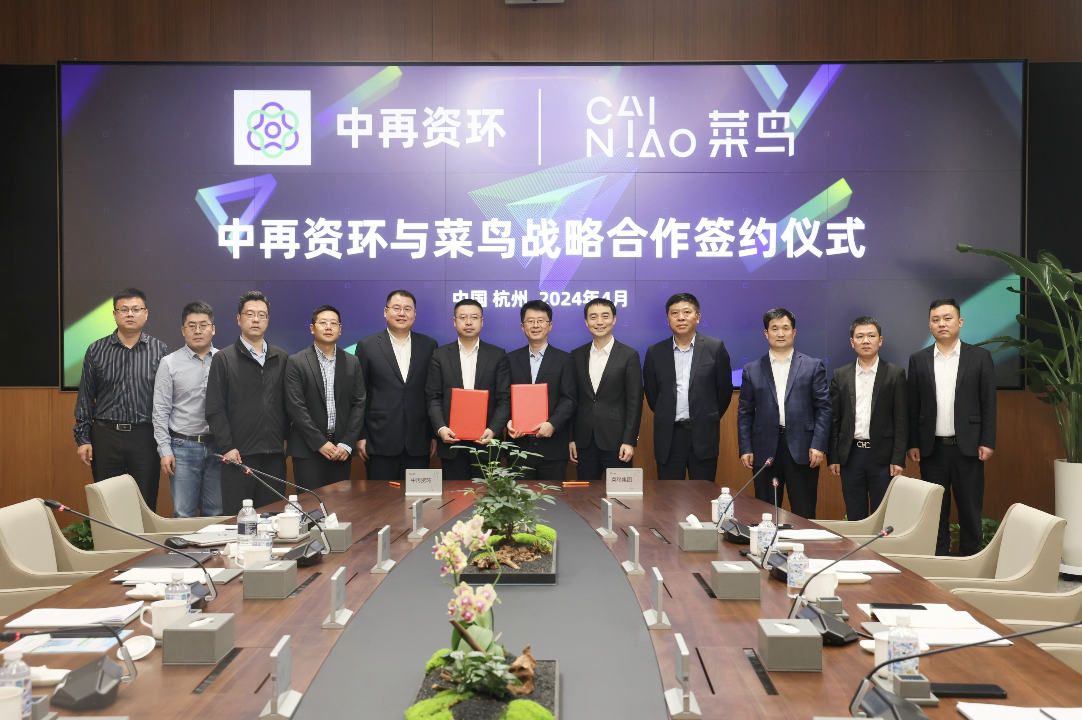For the first time in China, AI technology has been used to monitor birds, and 281 new species have been observed and recorded in Nantong
On October 20th, a press conference held by the Nantong Ecological Environment Bureau revealed that Nantong is the first in the country to explore the use of AI (artificial intelligence) technology to achieve all-weather monitoring and protection of rare and endangered birds such as spoonbilled snipes, black faced spoonbills, and small swans.Traditional bird monitoring mainly relies on manpower, with high professional requirements, heavy workload, and significant interference with birds

On October 20th, a press conference held by the Nantong Ecological Environment Bureau revealed that Nantong is the first in the country to explore the use of AI (artificial intelligence) technology to achieve all-weather monitoring and protection of rare and endangered birds such as spoonbilled snipes, black faced spoonbills, and small swans.
Traditional bird monitoring mainly relies on manpower, with high professional requirements, heavy workload, and significant interference with birds. Benefiting from the increasingly mature artificial intelligence image recognition technology, Nantong has selected the wetland waterfowl of great concern as the main monitoring object and developed an intelligent monitoring system. The first group of 10 bird intelligent monitoring points have been set up in the coastal areas along the river. At present, the construction of six bird hot spots, including Fengli mudflat wetland, Dongling Lake and Kaisha Island, has been completed, and the construction of the remaining four is expected to be completed by the end of this month.
The intelligent bird monitoring system in Nantong City has a monitoring accuracy that is not inferior to human eye recognition. Compared to traditional human monitoring methods, it significantly reduces interference with birds and makes all-weather bird monitoring a reality. "said La Mengke, chief engineer of the Natural Ecology Institute of Nanjing University's Environmental Planning and Design Research Institute. The city relies on" big data "technology to establish a massive image database of over 100 bird species in Nantong City, laying the foundation for intelligent identification; Relying on "artificial intelligence" technology, the accuracy of recognition algorithms can reach over 90%, which is at the leading level in the industry. The Nantong City Bird Intelligent Monitoring System utilizes software and hardware integration technologies such as dynamic multi-objective monitoring, identification, and analysis in complex scenarios, which can be applied in different outdoor scenarios, helping Nantong establish a new type of water bird monitoring system with low interference, high accuracy, and long monitoring cycle.

The successful application of the bird intelligent monitoring system will promote the practical application, promotion, and innovation of intelligent monitoring of biodiversity in Nantong City. "Niu Xuebing, a fourth level researcher at the Nantong Ecological Environment Bureau, introduced that the city will further explore monitoring forms, research and development of monitoring technologies, and pilot construction of monitoring around the automation, informatization, and intelligence of biodiversity monitoring and protection, striving to build an intelligent monitoring network for biodiversity, Build a new, green, and long-term biodiversity intelligent monitoring system to provide support for the intelligent monitoring and protection of biodiversity in Nantong City.
Disclaimer: The content of this article is sourced from the internet. The copyright of the text, images, and other materials belongs to the original author. The platform reprints the materials for the purpose of conveying more information. The content of the article is for reference and learning only, and should not be used for commercial purposes. If it infringes on your legitimate rights and interests, please contact us promptly and we will handle it as soon as possible! We respect copyright and are committed to protecting it. Thank you for sharing.(Email:[email protected])



















